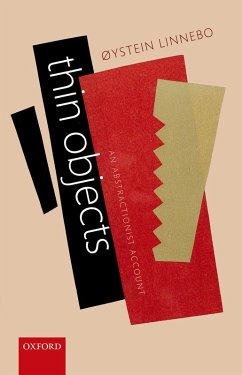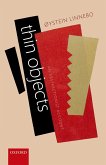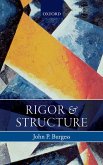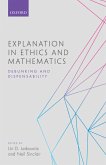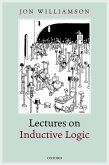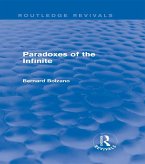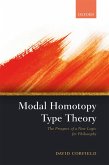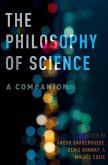Are there objects that are "thin" in the sense that not very much is required for their existence? Frege famously thought so. He claimed that the equinumerosity of the knives and the forks suffices for there to be objects such as the number of knives and the number of forks, and for these objects to be identical. The idea of thin objects holds great philosophical promise but has proved hard to explicate. Øystein Linnebo aims to do so by drawing on some Fregean ideas. First, to be an object is to be a possible referent of a singular term. Second, singular reference can be achieved by providing a criterion of identity for the would-be referent. The second idea enables a form of easy reference and thus, via the first idea, also a form of easy being. Paradox is avoided by imposing a predicativity restriction on the criteria of identity. But the abstraction based on a criterion of identity may result in an expanded domain. By iterating such expansions, a powerful account of dynamic abstraction is developed. The result is a distinctive approach to ontology. Abstract objects such as numbers and sets are demystified and allowed to exist alongside more familiar physical objects. And Linnebo also offers a novel approach to set theory which takes seriously the idea that sets are "formed" successively.
Dieser Download kann aus rechtlichen Gründen nur mit Rechnungsadresse in A, B, BG, CY, CZ, D, DK, EW, E, FIN, F, GR, HR, H, IRL, I, LT, L, LR, M, NL, PL, P, R, S, SLO, SK ausgeliefert werden.

